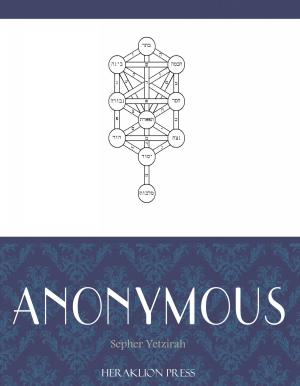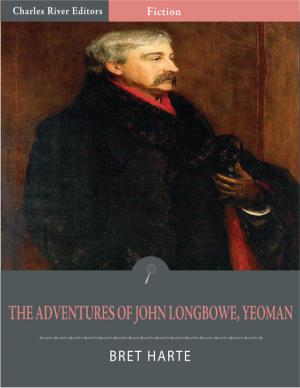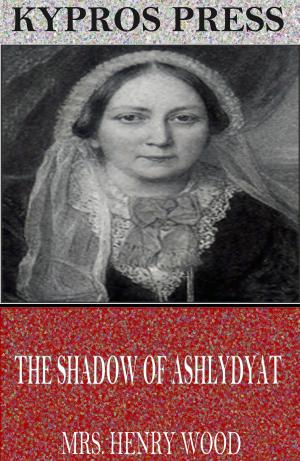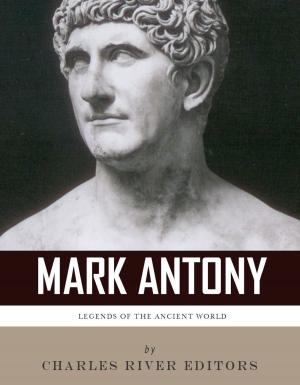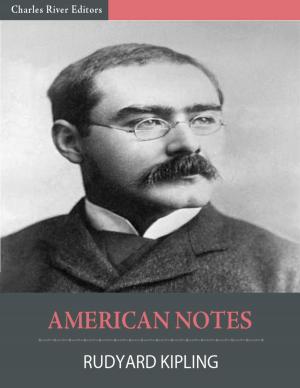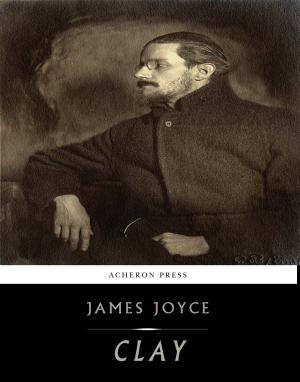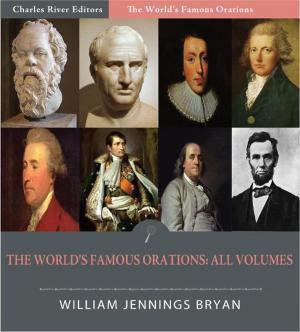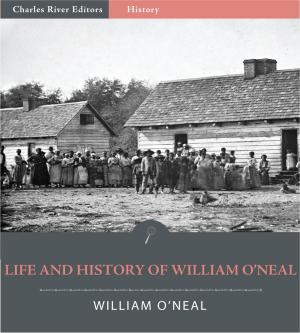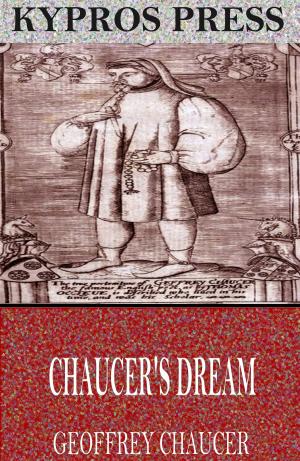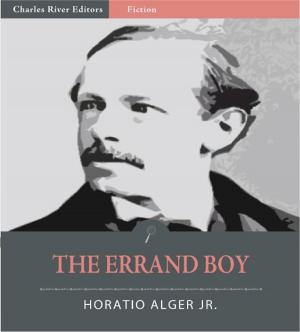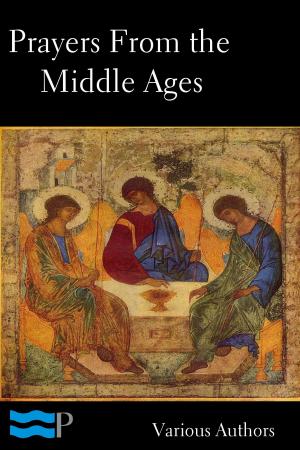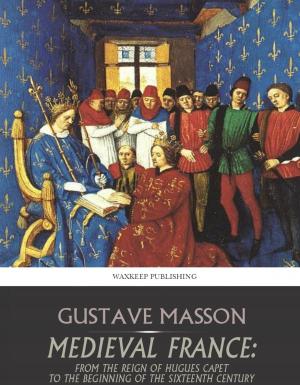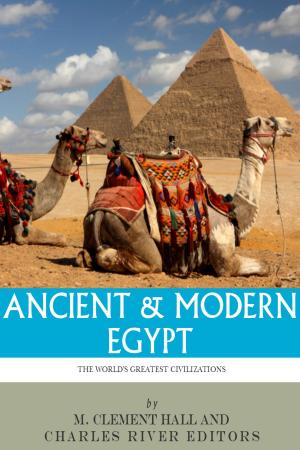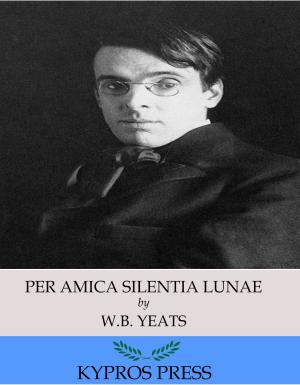Nature (Illustrated Edition)
Nonfiction, History, Americas, United States, 19th Century, Fiction & Literature, Classics| Author: | Ralph Waldo Emerson | ISBN: | 9781619826588 |
| Publisher: | Charles River Editors | Publication: | January 30, 2012 |
| Imprint: | Language: | English |
| Author: | Ralph Waldo Emerson |
| ISBN: | 9781619826588 |
| Publisher: | Charles River Editors |
| Publication: | January 30, 2012 |
| Imprint: | |
| Language: | English |
Ralph Waldo Emerson is one of the United States most well known authors, and one whose work is still read by every student in the country. Emerson was a lecturer, essayist and poet who became the champion of individualism and ended up becoming the Father of the Transcendentalist movement by the mid-1830s. By the middle of the century, he had published dozens of essays and given thousands of lectures on topics like self-reliance, avoiding conformity, and highlighting the connection between men and their environment. When asked to sum up his work, Emerson explained that he believed in the infinitude of the private man." Emersons most groundbreaking work was Nature, an essay that became the foundation of Transcendentalism. Nature espoused an appreciation of nature and argued that there were inherent ties between nature and life. Within Emersons view of nature, humans were not superior beings but rather one more piece of the system. Emersons inspiration had come from a visit to the Muséum National d'Histoire Naturelle in Paris, and lectures he gave in Boston were refined into the publication of Nature. Nature is often considered the first truly American work, in the sense that it did not derive its topic or writing style from Europe first. It also reflected the unique natural environments found across America. Henry David Thoreau was heavily influenced by Nature, which he read while at Harvard. Thoreau later became a protégé of Emersons and went on to live at and write about Walden as a result. Though Emerson had anonymously published Nature, he also sensed the importance of establishing an American style. A year later, he delivered a lecture known as "The American Scholar, which included Nature in it. In the speech, Emerson declared literary independence in the United States and urged Americans to create a writing style all their own and free from Europe. This edition of Nature is specially formatted with a Table of Contents and images of Emerson and nature.
Ralph Waldo Emerson is one of the United States most well known authors, and one whose work is still read by every student in the country. Emerson was a lecturer, essayist and poet who became the champion of individualism and ended up becoming the Father of the Transcendentalist movement by the mid-1830s. By the middle of the century, he had published dozens of essays and given thousands of lectures on topics like self-reliance, avoiding conformity, and highlighting the connection between men and their environment. When asked to sum up his work, Emerson explained that he believed in the infinitude of the private man." Emersons most groundbreaking work was Nature, an essay that became the foundation of Transcendentalism. Nature espoused an appreciation of nature and argued that there were inherent ties between nature and life. Within Emersons view of nature, humans were not superior beings but rather one more piece of the system. Emersons inspiration had come from a visit to the Muséum National d'Histoire Naturelle in Paris, and lectures he gave in Boston were refined into the publication of Nature. Nature is often considered the first truly American work, in the sense that it did not derive its topic or writing style from Europe first. It also reflected the unique natural environments found across America. Henry David Thoreau was heavily influenced by Nature, which he read while at Harvard. Thoreau later became a protégé of Emersons and went on to live at and write about Walden as a result. Though Emerson had anonymously published Nature, he also sensed the importance of establishing an American style. A year later, he delivered a lecture known as "The American Scholar, which included Nature in it. In the speech, Emerson declared literary independence in the United States and urged Americans to create a writing style all their own and free from Europe. This edition of Nature is specially formatted with a Table of Contents and images of Emerson and nature.

